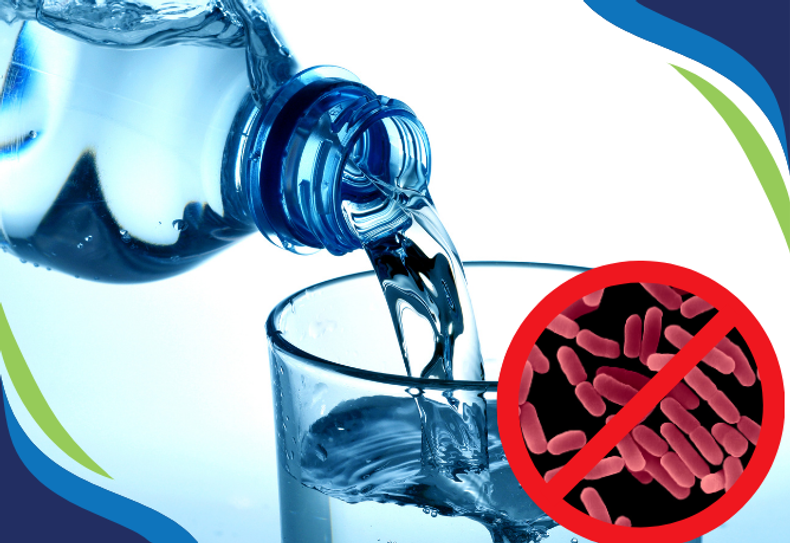Ozone and E. coli in Drinking Water
Abstract
One of hundreds of strains of the bacterium Escherichia coli. E. coli O157:H7 is an emerging cause of foodborne and waterborne illness. Although most strains of E. coli are harmless and live in the intestines of healthy humans and animals, this strain produces a powerful toxin and can cause severe illness.

Problem
E. coli 0157:H7 was first recognized as a cause of illness during an outbreak in 1982 traced to contaminated hamburgers. Since then, most infections are believed to have come from eating undercooked ground beef. However, some have been waterborne. In 1999, people became sick after drinking contaminated water in Washington County, New York and swimming in contaminated water in Clark County, Washington.
Testing / Method
If you get your water from a public water system, then your water system is required by law to notify you if your water is not safe. If you are interested in obtaining information about your drinking water, consult the water quality report that you should receive annually from your local water system, or call your local water system directly.
Conclusion / Results
The water can be treated using chlorine, ultra-violet light or ozone, all of which act to kill or inactivate E. coli. Systems using surface water sources are required to disinfect to ensure that all bacterial contamination is inactivated, such as E. coli.
The EPA has information regarding both ground-level and stratospheric ozone on its website. National Ambient Air Quality Standards (NAAQS)

